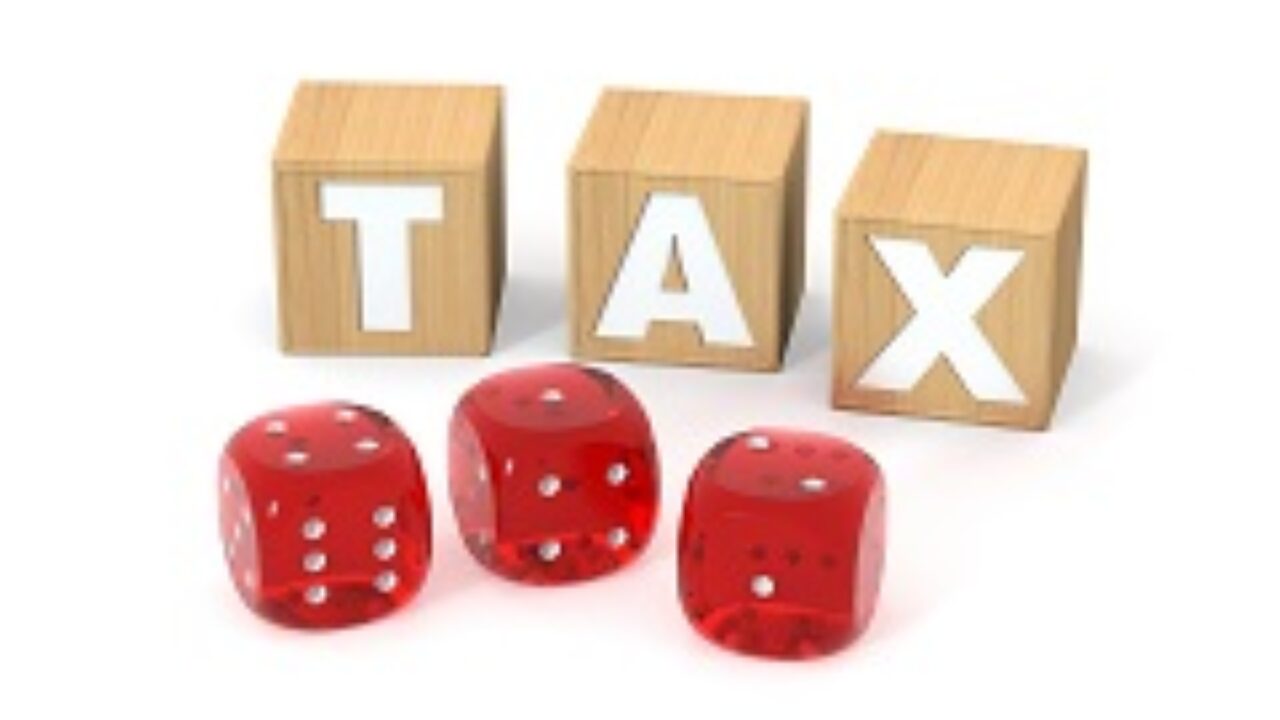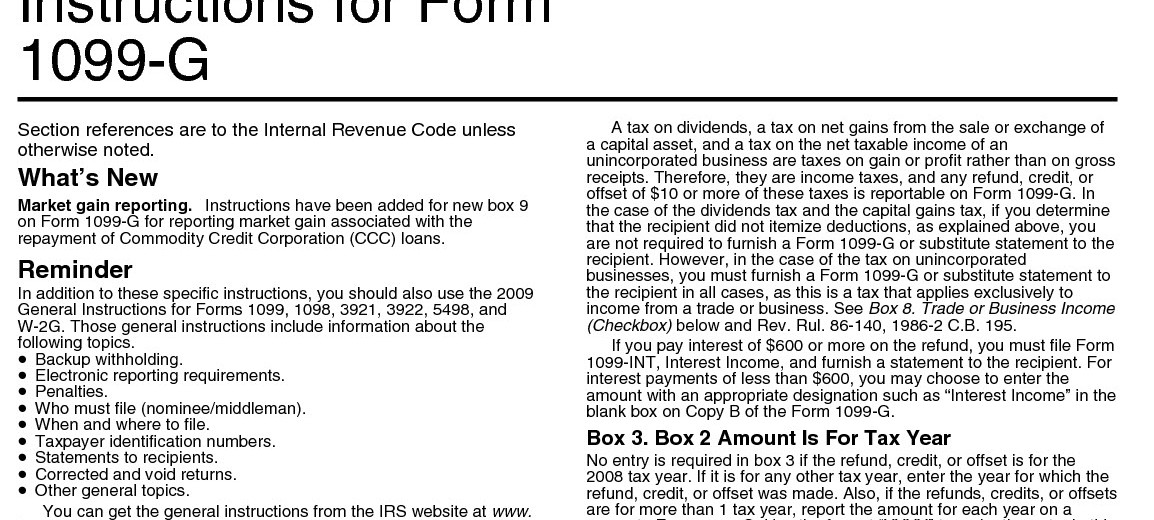How To Report Casino Winnings On Taxes
We doubt that anyone ever woke up thinking, “Gee, I hope I get audited by the IRS this year”. An IRS audit could easily be one of the worst things that could happen to you this year. So if you want to avoid receiving that ominous letter from the IRS that your 2015 tax return is being audited here are seven red flags you need to totally avoid.
You cannot report withholding without documentation. Anyone that withholds tax and sends that tax to the government is required by law to report it with your SSN and provide you with the documentation. It is possible that the organization did not know the law or was a scam to collect and pocket withholding. Reporting Tax on Winnings Taxes on Prize Money and Sweepstakes Winnings. Typically, tax on winnings, like sweepstakes or prize money, should be reported to you in Box 3 (other income) of IRS Form 1099-MISC. This includes winnings from sweepstakes when you did not make an effort to enter and also applies to merchandise won from a game show. If you win $1,200 or more on a bingo or slot machine, the casino must report the amount of cash winnings to the Internal Revenue Service (IRS). Casinos are also required to report the fair market value of prizes, such as cars or trips. Winners will be given a copy of Form W-2G showing winnings of $1,200 or more.
Not reporting all of your taxable income
Those 1099’s and W-2s you received this past January? You weren’t the only one that got them. The IRS got them too. It’s important to make sure you report all of the required income on your return. The computers used by the IRS are pretty darn good at matching the numbers on your return with the numbers on your 1099s and W-2s. If they turn up a mismatch this will create a red flag and the IRS computers will spit out a bill. If those darn computers do make a mistake and you receive a tax form that shows income that wasn’t yours or lists incorrect amounts of income, you will need to get the issuer to file the correct form with the IRS. And what about that income you earned on those side jobs? In most cases you should have received a 1099 documenting your earnings. If not, this is definitely a case where it’s better to be safe than sorry and report it.
Taking deductions that are higher than average
If the IRS spots deductions on your return that are disproportionately large in comparison with your income, it may pull your return for review. For example, a very large medical expense –again out of proportion to your income – could cause a red flag. However, if you do have the documentation to support the deduction then don’t be afraid to claim it.

- You must report all your winnings. Depending on how much you won during the year, you may.
- How To Report Gambling Winnings - no W2G but did have taxes taken out. You cannot report withholding without documentation. Anyone that withholds tax and sends that tax to the government is required by law to report it with your SSN and provide you with the documentation.
Claiming really big charitable deductions
Charitable deductions can be a great write off. Plus, when you contribute to a charity it can make you feel all fuzzy and warm inside. However, if those deductions are disproportionately large in comparison with your income, it will raise a red flag. The reason for this is because the IRS knows what is the average charitable deduction for people at your level of income. Did you donate some very valuable property? In this case we hope you got an appraisal for it. Did you make a non-cash donation over $500? Then you better make sure you file form 8283. if you don’t file this form or if you don’t have an appraisal supporting that big donation you’ll become an even bigger target for auditing.
Claiming big gambling losses or not reporting gambling winnings
If you’re a recreational gambler you must report your winnings as “other income” on the front page of your 1040 form. If you’re a professional gambler you will need to report your winnings on Schedule C. If you don’t report gambling winnings this can draw the attention of the IRS – especially in the event that the casino or other venue reported your winnings on form W-2G. It can also be very risky to claim big gambling losses. In fact, what you should do is deduct your losses only to the extent that you report your gambling winnings. For example, if you were to report you had won $5000 gambling but had losses of $20,000, this could cause a red flag. Also, only professional gamblers can write off the costs of meals, lodging and other expenses related to gambling. And the surest way to invite an audit is by writing off what you lost at gambling but no gambling income. If you’ve done any of these things, or are worried about some other common tax return mistakes, it might be wise to file an amended tax return and account for those wins or losses correctly.

Writing off a hobby as a loss
You will dramatically increase the odds of “winning” an IRS audit if you file a schedule C showing big losses from any activity that could be considered a hobby such as jewelry making, coin and stamp collecting, dog breeding, and the like. IRS agents are especially trained to ferret out people who improperly deduct losses associated with a hobby. You must report any income your hobby generated or whatever but can then deduct your expenses up to that income level. But the IRS will not allow you to write off losses from a hobby. So if you want to write off a loss you must be running your hobby as if it were a business and must have the reasonable expectation of generating a profit. As an example of how this works if your hobby generates a profit in 3 out of every 5 years then the IRS will presume that you’re actually in business to make a profit unless it can prove something to the contrary. Of course, if you’re unfortunate and win the audit lottery the IRS will make you prove that you do have a legitimate business and that it’s not just a hobby. So make sure you keep all documents that support your expenses.
If you report income from self-employment of $100,000 or more
Let’s suppose that you’re self-employed, had a really great year and had earnings of $100,000 or more you are reporting on schedule C. This is likely to trigger an IRS audit because according to the IRS people who file a schedule C are more likely to under report their income and overstate their deductions. What this means is that if you earn $100,000 or more and are reporting it on schedule C you’ll need to make sure you have the documentation necessary to support your deductions and again, make sure you report all your income very accurately.
If you work in certain industries
The IRS knows based on past audit experience that there are certain activities or industries that have a higher incidence of what’s technically called noncompliance but really means cheating on their taxes. Included in this group are the tax returns of air service operators, gas retailers, auto dealers, attorneys and taxi operators. So, if you’re employed in one of these industries or activities and don’t want to suffer an IRS audit, it’s best to follow the old adage that honesty is the best policy.
Players dream of hitting a big jackpot when they play the slots. When that day comes for you, you'll have questions about the taxes you must pay on the winnings.

Hand Pay Jackpots
When you hit the winning combination of symbols for a large jackpot, your slot machine locks up. Depending on the machine, the lights on top of the machine may come on and start flashing, music may play or bells ring. A slot attendant arrives promptly to see what you have won.
On jackpots smaller than $5,000, an attendant verifies that you hit the jackpot and then assists you in claiming your money at the cashier's cage. In the case of a large or progressive jackpot, the casino may have technicians come and check the machine to certify that it was functioning properly when the jackpot hit. If you hit one of the wide-area progressive machines such as MegaBucks, the slot company that operates the game comes out and verifies that machine before giving you a check.
When you hit a jackpot, you have the option of taking your winnings in cash or check. Usually, large amounts are paid by check. In the case of the MegaBucks or similar multi-million dollar jackpots, you receive a check for the partial amount, and then you have 90 days to decide if you want to be paid a lump sum or an annual annuity on the balance. If you select the lump sum option, you receive only a percentage of your actual winnings. For example, the full winnings of one multi-million slot jackpot is paid in 25 annual installments, or you can take a lump sum of 60 percent of the winnings.
IRS Withholding
All casino winnings are subject to federal taxes. However, the IRS only requires the casinos to report wins over $1,200 on slots and video poker machines or other games such as keno, lottery or horse racing. When you have a win equal to or greater than $1200, you are issued a W-2G form. This form lists your name, address and Social Security number. The casinos are not required to take out withholding tax on jackpots under $5,000 as long you supply your Social Security number. If you don’t provide your Social Security number, the casinos withhold 28 percent on small jackpots.
You can request a specific amount of withholding tax to be taken out of any jackpot you win. Some players like to do this to avoid a big tax payment in April when they file their income tax returns. The additional withholding may not be necessary if you keep a log book. The law allows you to deduct gambling losses up to the amount of your winnings. You can only do this if you have documentation of your losses. Keeping a diary or log book is the way to do this.
Proper Identification
Casinos can refuse to pay you until you produce proper identification—a photo ID such as a driver’s license, military ID or passport.
If you don’t produce an ID, you are photographed and the casino holds your winnings until you come back with proper ID. For this reason, you should always carry a valid form of identification with you when you visit the casino.
How Do You Claim Casino Winnings On Taxes
When the casino checks your identification, it also checks your age to make sure you are legally old enough to play. The minimum age for gambling varies from state to state, but under-age gamblers are not be paid if they hit a jackpot. This is the law in all jurisdictions, and it has been upheld in court.
Plan Ahead
Taxes On Winnings Calculator
Before you start playing your favorite slot machine you should have a plan for the day you hit a jackpot. Players become excited when they hit the big one, and this may affect the decisions you make about your winnings. It is helpful if you know ahead of time how much withholding you want taken out or whether you want a check for all or some of the amount.